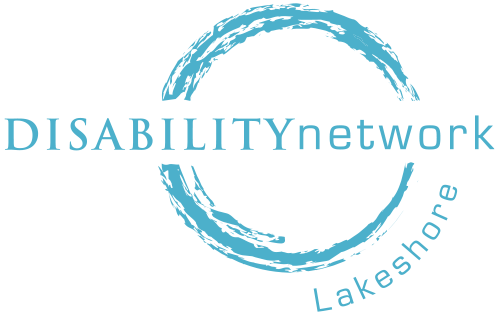Preparing For Coronavirus
We are facing a possible pandemic in the U.S. from Coronavirus or COVID-19 as it is officially named. As a person with a disability, you may want to make some advanced preparations for responding to this threat.
The American Red Cross has recommendations for senior citizens and people with disabilities that you may want to consider. Think about the people you rely on for assistance during your daily routine. They may be friends, family, neighbors, or co-workers who might be willing to help out. Ask them to check on you to make sure you are okay, and offer assistance if needed. Make sure they can get into your house, and show them where you keep your emergency supplies. They should know where you keep your health information, as well as what your special needs might be if you become sick.
Do you need help with personal care? Do you use adaptive equipment? Will you need help with transportation if you need to go to the doctor at any point? Do you have assistive technology devices that would need to be transported with you? Will you need help getting groceries, medications or other supplies? Do you depend on a caregiver, and what will you do if that person gets sick?
Do you have a Survival Kit set up? Here are some suggestions for items to keep in your kit:
- Water: one gallon per person, per day. Have at least a 2-week supply on hand
- Food: non-perishable, easy-to-prepare items. Again, enough for 2 weeks
- Flashlight with extra batteries
- Lists of contact information for your health care providers including your pharmacy
- Battery-powered or hand-crank radio. Make it a NOAA Weather radio, if possible
- Extra batteries (don’t forget hearing aid batteries too if you use them)
- Extra cash
- A First-Aid kit
- Medications (a week’s supply) and medical items
- Copies of important paperwork such as medical records, birth certificates, insurance information, etc.
- Sanitation and personal hygiene items (especially hand-wash)
- Medical supplies and things like an extra pair of glasses, syringes if you are diabetic, etc.
- Surgical masks
- Bleach
- Electrolyte beverages
- Aspirin, and/or Tylenol
- Diarrhea medication
- Cough syrup
- An Emergency First Aid booklet
Consider your disability and what your special needs might be, then plan for how you’ll get by if those people you normally rely on aren’t available. Let’s take care of ourselves as much as possible and make sure we’re prepared for whatever COVID-19 throws at us!

